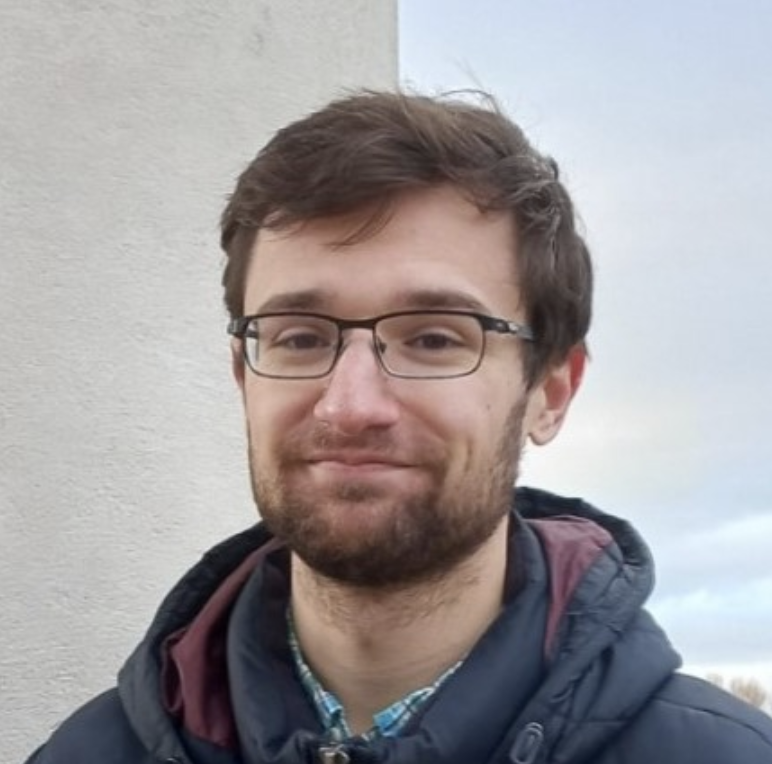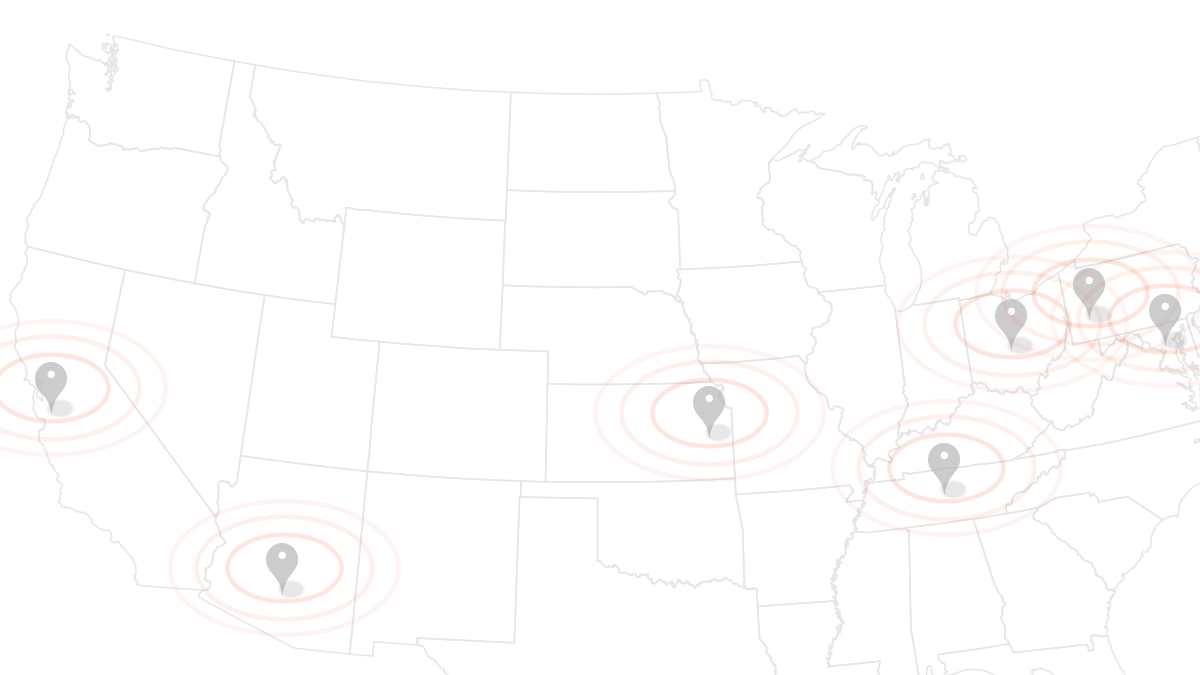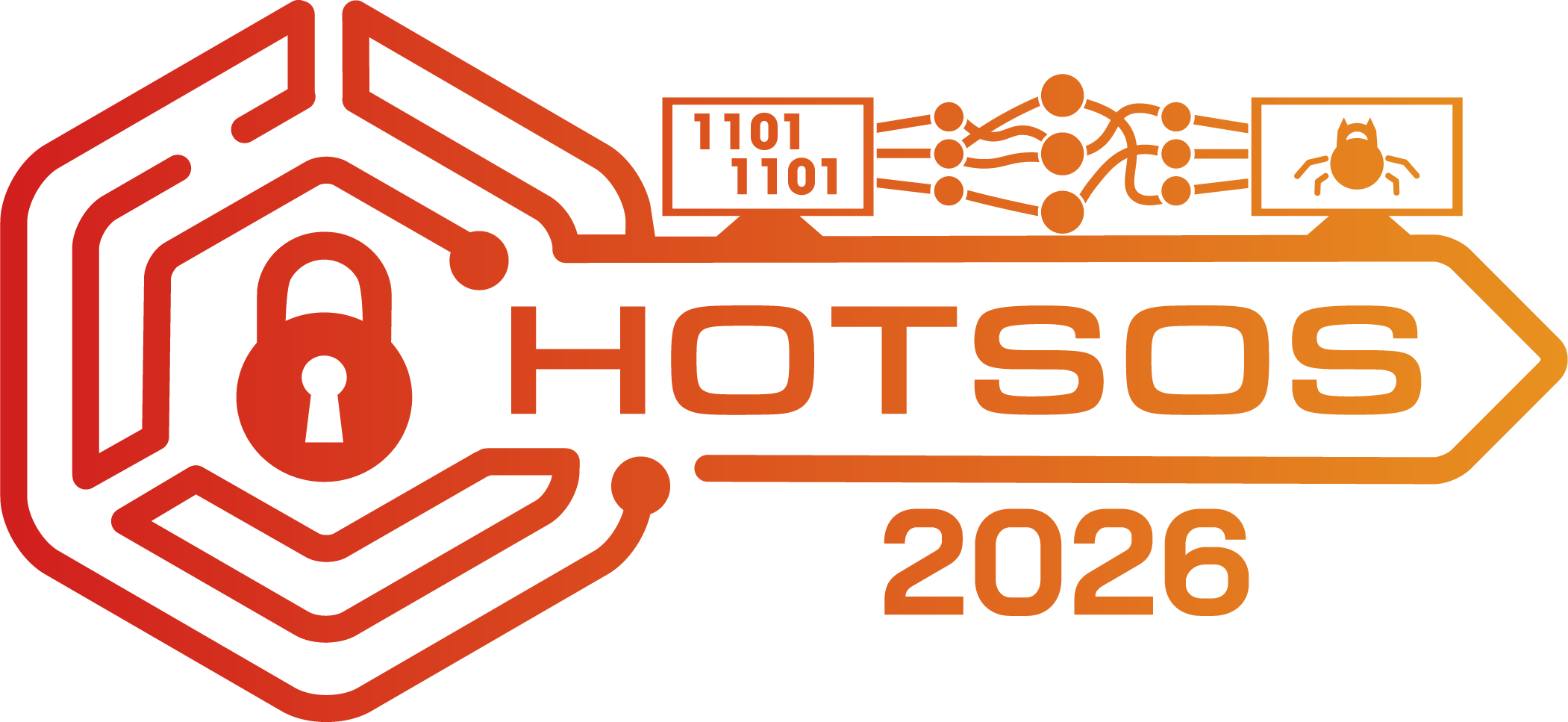WiP: A Human Study of Cognitive Biases in CTF Challenges
|
ABSTRACT Cybersecurity training has become a crucial part of computer science education and industrial onboarding. Capture the Flag (CTF) competitions have emerged as a valuable, gamified approach for developing and refining the skills of cybersecurity and software engineering professionals. However, while CTFs provide a controlled environment for tackling real-world challenges, the participants’ decision-making and problem-solving processes remain under explored. Recognizing that psychology may play a role in a cyber attacker’s behavior, we investigate how cognitive biases could be used to improve CTF education and security. In this paper, we present an approach to control cognitive biases, specifically Satisfaction of Search and Loss Aversion, to influence and potentially hinder attackers’ effectiveness against web application vulnerabilities in a CTF-style challenge. We employ a rigorous quantitative and qualitative analysis through a controlled human study of CTF tasks. CTF exercises are widely used in cybersecurity education and research to simulate real-world attack scenarios and help participants develop critical skills by solving security challenges in controlled environments. In our study, participants interact with a web application containing deliberately embedded vulnerabilities while being subjected to tasks designed to trigger cognitive biases. Our study reveals that many participants exhibit the Satisfaction of Search bias and that this bias has a significant effect on their success. On average, participants found 25% fewer flags compared to those who did not exhibit this bias. Our findings provide valuable insights into how cognitive biases can be strategically employed to enhance cybersecurity outcomes, education, and measurements through the lens of CTF challenges. |
|
 |
Skyler Grandel is a PhD student in Computer Science at Vanderbilt University. His research interests include AI for Software Engineering, Human Factors in Software Engineering, Human Factors in Cybersecurity, LLMs and Generative AI, and Software Engineering Education and Training. He is advised by Professor Kevin Leach. Skyler holds a Bachelor's degree in Computer Science from Vanderbilt University, where his undergraduate research focused on remote mental health applications for young students recovering from the COVID-19 pandemic. |

